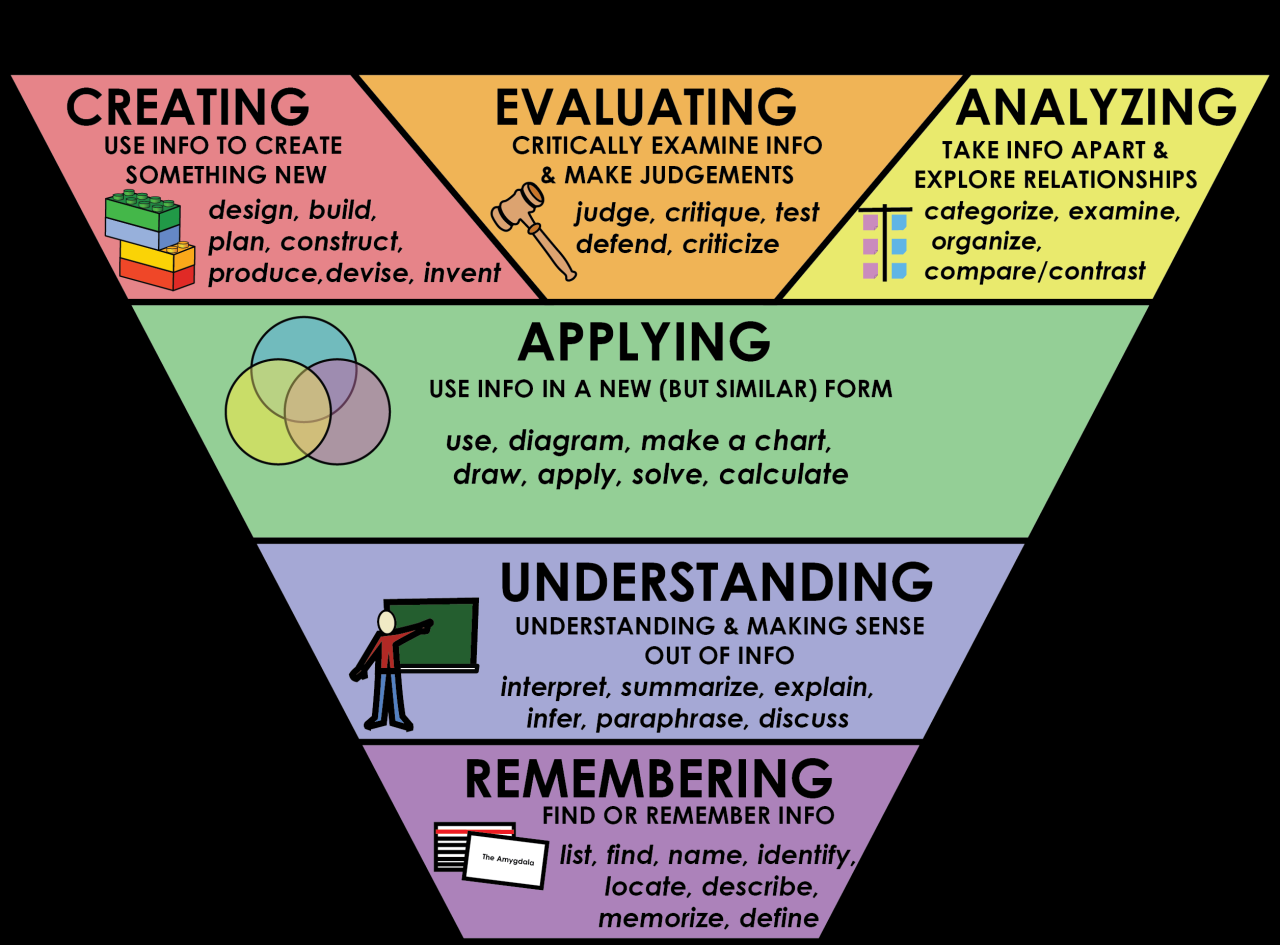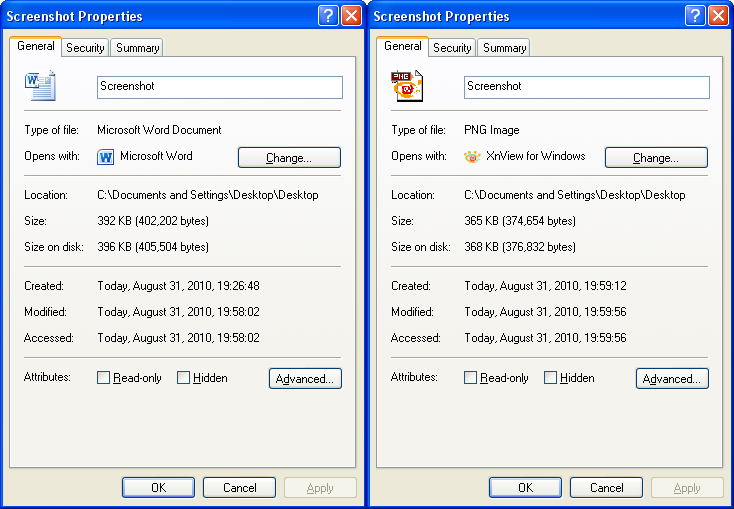How to compare hotel prices on various booking sites effectively
How to compare hotel prices on various booking sites? This question is pivotal for travelers seeking the best deals and ensuring value for their money. With a plethora of booking platforms available, each boasting unique features and offerings, it can be overwhelming to navigate the landscape of hotel prices. Understanding how to effectively compare prices not only helps in securing lower rates but also in avoiding hidden fees and understanding cancellation policies.
This guide will equip you with practical strategies to maximize your savings while enjoying a hassle-free booking experience.
Understanding Different Booking Sites

When planning a trip, one of the most critical tasks is selecting the right hotel, which often involves sifting through various booking platforms. Each site offers unique features, pricing models, and user experiences that can influence your final decision. Gaining a comprehensive understanding of these differences is essential for making informed choices that align with both your budget and preferences.Various hotel booking platforms serve distinct audiences with different offerings.
Some of the most popular platforms include Booking.com, Expedia, Hotels.com, and Airbnb. These websites not only differ in their inventory but also in the features they provide. For instance, Booking.com excels in providing a wide array of accommodations, from hotels to hostels and vacation rentals. In contrast, Airbnb specializes in unique lodging experiences, allowing users to book homes or shared spaces from local hosts.
If you’re on the hunt for accommodations that provide breathtaking city views, you might want to check out this guide on how to locate hotels with stunning city views. It offers valuable tips for selecting the perfect place to stay while ensuring you enjoy the skyline right from your room. Combining panoramic vistas with comfort makes for an unforgettable travel experience.
Importance of User Reviews and Ratings
User reviews and ratings are crucial components of hotel booking sites. They provide prospective guests with insights into the quality and reliability of accommodations based on previous guests’ experiences. Understanding how to interpret these reviews is integral to making the best choice for your stay. The significance of reviews can be summarized as follows:
- Authenticity: Verified reviews from real guests help paint a clearer picture of the hotel experience, reducing the risk of misleading information.
- Trend Analysis: Ratings over time can indicate whether a property is maintaining high standards or experiencing a decline in service quality.
- Specific Insights: Reviews often contain detailed comments about cleanliness, staff friendliness, and amenities that are not always covered in official descriptions.
“A well-rounded view of user feedback can be the difference between a pleasant stay and a regrettable one.”
Advantages and Disadvantages of Booking Sites
The choice between using individual booking sites and aggregator platforms can significantly impact your travel planning. Each option has its own set of advantages and disadvantages that travelers should consider.When using individual booking sites like Hilton or Marriott, travelers benefit from:
- Loyalty Programs: Many hotel chains offer loyalty points which can be redeemed for free nights or upgrades.
- Direct Communication: Bookings made directly often allow for easier communication with the hotel regarding special requests or concerns.
Conversely, aggregator sites, such as Kayak or Trivago, provide:
- Comparative Shopping: They aggregate prices from different sites, allowing users to find the best deal quickly.
- Broader Selection: Aggregators typically include a wider range of accommodations, giving travelers more options to choose from based on their preferences.
“The right choice can lead to substantial savings and a more enjoyable travel experience.”
Understanding these dynamics allows travelers to navigate the complex landscape of hotel bookings effectively. By leveraging user reviews and weighing the pros and cons of different booking methods, one can optimize their travel budget and enhance their overall experience.
Strategies for Effective Price Comparison: How To Compare Hotel Prices On Various Booking Sites?

When it comes to finding the best hotel prices, employing strategic methods is key to securing the most favorable deals. Exploring various booking platforms can often yield different prices for the same accommodation, making it essential to be organized and proactive. Implementing effective price comparison strategies can save you money and enhance your travel experience.
When planning a trip, it’s essential to ensure you’re getting the best deal possible. To help with this, consider utilizing expert advice on how to compare hotel prices across different booking websites. This approach not only saves you money but also allows you to find the ideal hotel that meets your preferences without overspending.
Using Multiple Tabs for Simultaneous Price Checks
One of the simplest yet most effective strategies for comparing hotel prices is to utilize multiple browser tabs. This method allows you to check prices across various booking websites without the hassle of repeatedly navigating back and forth. By having several tabs open, you can quickly assess discrepancies in pricing, find exclusive deals, and make informed decisions.To optimize this strategy:
- Open tabs for at least three to five different booking sites, such as Booking.com, Expedia, Hotels.com, and Kayak.
- Search for the same hotel and dates on each site simultaneously to compare prices directly.
- Note any additional fees, cancellation policies, and amenities listed to ensure a comprehensive understanding of what each price covers.
Setting Alerts for Price Drops
Price alert features on various booking platforms can significantly enhance your chances of landing the best deal. These alerts notify you when prices drop for specific hotels or destinations, allowing you to book at the right moment.To effectively set up price alerts:
- Utilize websites and apps like Hopper or Google Flights that offer tailored price alerts based on your preferences.
- Most booking sites have an option to receive notifications; ensure to activate these alerts for your target hotels.
- Check your alerts regularly and be prepared to book quickly, as lower prices can be fleeting.
Utilizing Incognito Mode to Avoid Price Hikes
Using incognito or private browsing mode can prevent booking sites from tracking your search history. Some platforms use this data to increase prices for users who frequently check a particular hotel, creating a perceived demand. To leverage this method:
- Open your browser in incognito mode before starting your hotel search. This can usually be done by selecting “New Incognito Window” in the browser menu.
- Clear your cookies and cache regularly if not using incognito mode, as this can also help to avoid price inflation.
- Compare prices without the influence of your previous searches, ensuring a fair assessment of current prices.
Utilizing these strategies can significantly reduce your hotel booking costs and enhance your overall travel experience.
Analyzing Hidden Fees and Policies
When booking a hotel, the initial price may not tell the whole story. Various additional costs can significantly affect the overall price you pay. It’s essential to scrutinize these hidden fees and understand the cancellation policies that may vary across different booking platforms. By doing so, you can make more informed decisions and avoid unpleasant surprises during your stay.Identifying hidden fees is crucial for accurate budgeting.
These fees can include service charges, resort fees, and other add-on costs that may not be immediately visible in the quoted price. Many booking sites display the base rate prominently but often fail to highlight additional expenses that can escalate the total cost.
Common Hidden Fees
Understanding the types of hidden fees that may apply can help you make better financial decisions when booking accommodations. The following list includes common charges that travelers should be aware of:
- Resort Fees: Often charged by hotels that offer additional amenities such as pools, gyms, or Wi-Fi, resort fees can range from $10 to over $50 per day, depending on the location and facilities offered.
- Taxes: Beyond the advertised price, local occupancy taxes can apply, which vary by city and can add a significant amount to your bill. For example, a hotel priced at $150 per night may end up costing around $170 after taxes.
- Parking Fees: Many hotels charge for parking, either per day or per hour, which can add to the cost of your stay. In urban areas, parking fees can be particularly steep, potentially reaching $60 or more per night.
- Early Check-In or Late Check-Out Fees: Some hotels may offer flexibility for a fee, charging for early check-ins or late check-outs, which could be anywhere from $25 to $100.
- Pet Fees: If traveling with pets, many establishments impose a cleaning fee or a daily rate, which can add an unexpected expense to your stay.
Cancellation policies are another crucial aspect that varies significantly across booking sites and hotels. Understanding these policies can help you avoid losing money if your plans change unexpectedly. Here are some key points to keep in mind regarding cancellation:
- Flexible vs. Non-Refundable Rates: Some booking platforms offer flexible rates that allow cancellations with minimal penalties, while non-refundable rates typically offer a lower price but forfeit your payment if you decide to cancel.
- Timeframes for Cancellation: Each hotel may have different deadlines for cancellations without penalty. Some may require cancellations to be made 24 hours in advance, while others could require up to a week.
- Policy Variations by Site: Booking sites may have their own cancellation policies, which can influence your choice. Always check the specific conditions associated with your reservation, as they can vary widely.
“Being aware of hidden fees and understanding cancellation policies is essential for avoiding unexpected costs and ensuring a smooth booking experience.”
Utilizing Tools and Resources for Comparison

In the digital age, finding the best hotel prices is more accessible than ever with the plethora of tools and resources available. Utilizing these tools can significantly enhance your ability to compare prices across various booking sites, ensuring you get the best deal possible. By leveraging technology, travelers can make more informed decisions that align with their budget and preferences.
Recommended Price Comparison Tools and Browser Extensions
Utilizing dedicated price comparison tools and browser extensions can streamline your booking process. These resources help aggregate prices from multiple platforms, allowing for a quick and efficient assessment of available options. Here are some noteworthy tools to consider:
- Kayak: A comprehensive travel search engine that compares hotel prices from multiple booking sites, offering filters for amenities and user ratings.
- Trivago: Known for its user-friendly interface, Trivago allows travelers to compare prices from over 400 booking sites, making it a popular choice among users.
- Google Hotels: An increasingly popular tool that aggregates hotel listings and prices, integrating easily with Google Maps for location-based searches.
- Hopper: This mobile app not only compares hotel prices but also predicts the best time to book based on historical data, helping you secure the lowest rates.
- Honey: A browser extension that automatically searches for coupon codes and price drops, making it easier to find additional savings during the booking process.
Leveraging Mobile Apps for Real-Time Price Tracking, How to compare hotel prices on various booking sites?
Mobile apps offer the advantage of real-time price tracking, which can be incredibly beneficial for last-minute travelers. These apps notify users of price changes, ensuring they never miss out on a deal. Here are some tips for maximizing the use of mobile apps:
- Enable notifications on apps like Hopper and HotelTonight to receive instant alerts on price drops or exclusive last-minute deals.
- Use apps that offer price tracking features, allowing you to monitor specific hotel rates over time and receive alerts when prices fall below your target.
- Take advantage of location-based services offered by some apps, which can help find nearby accommodations at competitive rates during your travels.
Utilizing Social Media for Exclusive Deals and Promotions
Social media platforms can be an excellent resource for discovering exclusive hotel deals and promotions. Many hotels and booking sites use social media to engage with their audience and offer limited-time discounts. Here are effective strategies to find these deals:
- Follow hotel chains and booking sites on platforms like Facebook, Twitter, and Instagram to stay updated on flash sales and exclusive promotions only available to followers.
- Join travel-related groups and forums on Facebook or Reddit, where members often share tips, promo codes, and last-minute deals that may not be widely advertised.
- Utilize hashtags such as #TravelDeals or #HotelDiscounts on Twitter and Instagram to uncover posts related to special offers and limited-time promotions.









